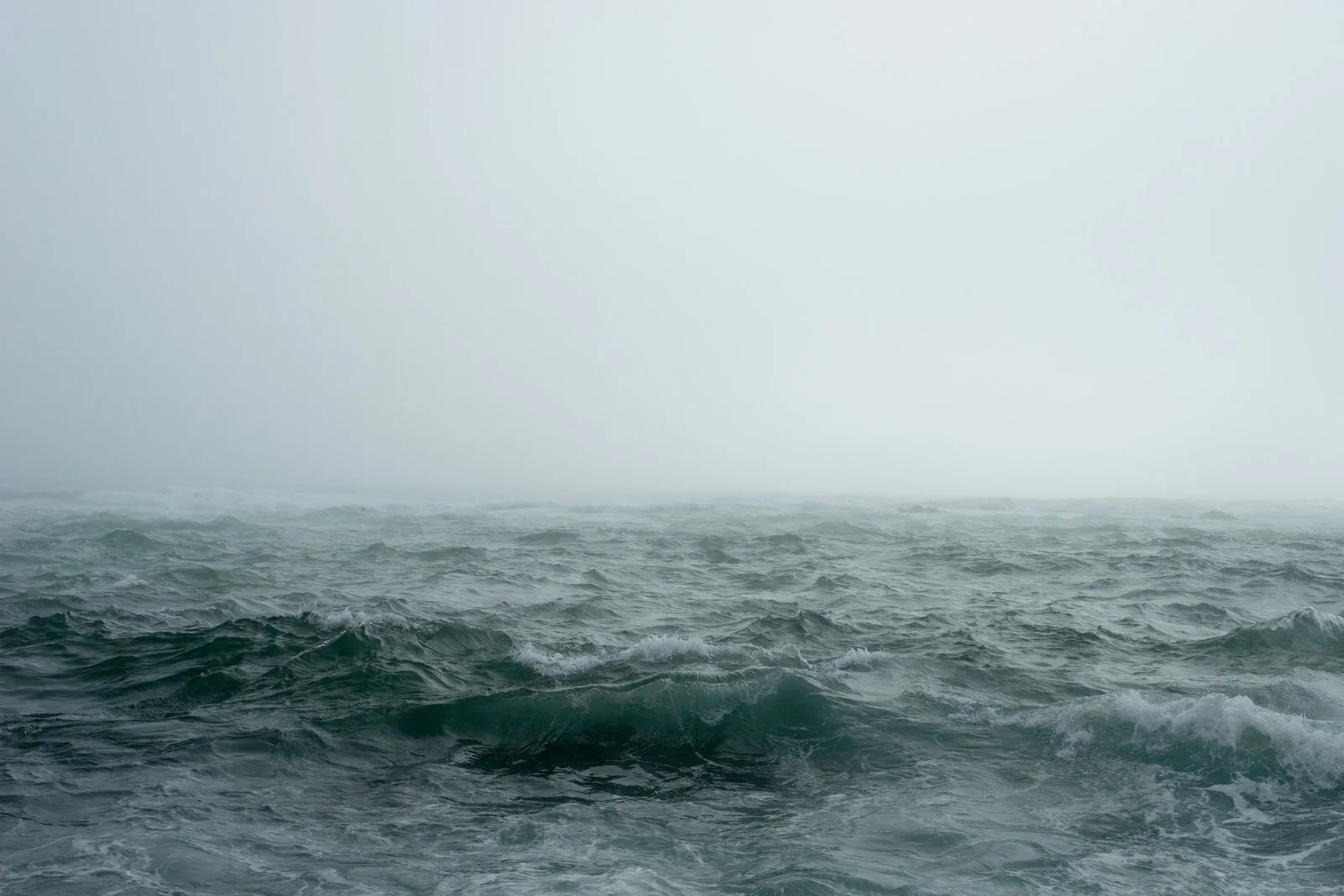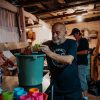Why do bad things happen? Humans have been asking this question, probably, since the beginning of time, or at least after we were pushed out of Eden. In our past few articles, we’ve explored storms (bad things). We’ve seen why God causes or allows storms, how the behaviors of others may affect us, and how we sometimes bring the storms upon ourselves.
Why do bad things happen?
It’s easier for us to understand the latter two; but often difficult to understand why God would cause or allow storms; stated differently, human suffering. “People often view suffering from a human perspective and assume that suffering is always the result of doing something wrong (GotQuestions.org).” Remember Job?
The Bible describes Job as a just and upright man. Favored by God, one minute and devastated losing all his wealth and family the next. Eliphaz, Bildad, and Zophar, his friends, rushed to his side to comfort and mourn with him. Convinced Job was being punished for sinning, each encouraged him to repent and seek forgiveness.
Little did Job’s friends know that in their attempt to counsel and correct Job, that they had sinned. There is an episode in the television series Bones, titled “The Plain in the Prodigy” in which Amos (an Amish character in the storyline) explains:
“I cannot pretend to know what the Lord has planned for any
of us. That’s the greatest sin, you know? Speaking for God.”
We may never know God’s reasons for causing or allowing storms in our lives; but throughout the Bible we see that everything He does is for our good. While storms can be painful, they provide an opportunity to learn and grow as individuals, Christians, and leaders. However, we don’t always grow or learn; we rely on the way we have always done things. We can’t learn and grow without reflection and revelation. Why are reflection and revelation needed for our growth and development? It is perhaps best explained by Sir Winston Churchill:
“Those who fail to learn from history are doomed to repeat it.”
For our learning and growing, and to lead other, we must understand the difference between reflection and revelation. Reflection is the process of critically looking at ourselves. Reflection is used to examine our values and experiences. We look for repeated patterns of behavior that have become habits. It’s like panning for gold; we siphon through our thoughts, beliefs, and experience to uncover new insights or understanding, seeking to identify, develop, and implement new behaviors.
Revelation is the process where we learn about ourselves through the feedback provided by others. No matter how “emotionally intelligent” we think we are; others can always see things about us that we can’t (Matthew 7:3, TLV). Proverbs 15:31-32 (VOICE) tells us:
“Those who learn from the lessons of life will join the
others who are wise. Those who disregard discipline
sabotage themselves, but those who are open to correction
gain understanding.”
A helpful tool used for self-reflection and in seeking revelation through others is the “Johari Window.” If you have ever attended training on communications, psychology or many other of the social sciences, you have probably been exposed to it. The diagram below provides a brief overview of the model.

Reflection is best used to explore the areas “known to self” (public and private). But remember, when we hide information that we don’t want others to know about us, there is little room for their insight. We miss the opportunity to benefit from others; especially those that love and care for us when we put up walls and hide our true self. Ethiopians say:
“He who conceals a disease cannot expect to be cured.”
Revelation provides us with insight into areas about us that we don’t know (sometimes called unconscious). We can turn to others to help us identify and fill in some of the “Blind self.” If you are a parent or have been in a relationship; you can probably tell when someone is withholding or not telling the truth; some call it the “tell” or a “tell-tale sign.” It can be a nervous tick, laughter, or anything to which the “teller” is unaware. You will usually hear, “I didn’t know that” when you bring it to their attention.
This leaves the Unknown self, the area blind to you and others. How do you gain insight into this area? Where do we turn for help? I hope the answer is obvious; we turn to God. God knows us, inside and out, like no one else (Psalm 139, ESV) and only He can reveal this area to you.
A ship’s Captain will tell you the secret to successful navigation of a trip is constant monitoring and course corrections. You may not be able to avoid the storms, but with God’s help you can certainly navigate them.
We blame God more than we should, and don’t credit Him as much as He deserves.
Challenge: We blame God more than we should, and don’t credit Him as much as He deserves. If you haven’t taken the time to reflect on the storms in your life and their causes; now is a good time. If you want to learn and grow as a leader and Christian, read “Preventative Maintenance” (LLJ, Ryder, August 31, 2021); use reflection and revelation as tools to align the Heart, Head, Hands and Habits. Remember the advice from my esteemed colleague:
“Invite God into all areas of your life. He cares about everything.”









